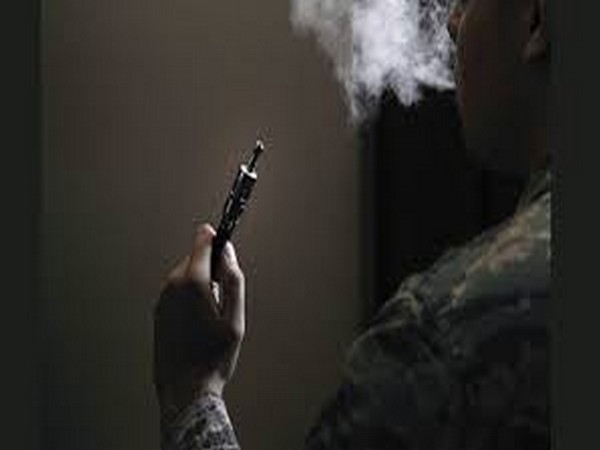Findings reinforce connection between vitamin E acetate and vaping-related lung injuries
A recent study has reinforced prior conclusions of researchers on the connection between vitamin E acetate and EVALI (E-cigarette or vaping product use-associated lung injury).

- Country:
- United States
A recent study has reinforced prior conclusions of researchers on the connection between vitamin E acetate and EVALI (E-cigarette or vaping product use-associated lung injury). The study was published in the New England Journal of Medicine by the Centers for Disease Control and Prevention (CDC) in collaboration with The Ohio State University Comprehensive Cancer Center.
In this new study, the CDC analyzed bronchoalveolar lavage (BAL) fluid from 51 EVALI patients from 16 states and compared it to BAL fluid from 99 healthy individuals. Vitamin E acetate, also found in product samples tested by the Food and Drug Administration (FDA) and state laboratories, was identified in BAL fluid from 48 of 51 EVALI patients but was not found in any BAL fluid from healthy people.
In both groups, no other toxicants except coconut oil and limonene were found in BAL fluid. BAL samples from public health facilities and health departments across the United States were gathered from the CDC for this report.
Those samples were taken by medical teams that had gathered tests to guide decision-making in clinical management. A team of scientists led by Peter Shields provided BAL fluid samples from 99 healthy comparison subjects collected between 2015 and 2019 as part of a tobacco product study unrelated to the ongoing CDC investigation of EVALI.
Shields said: "These findings support the conclusion that vitamin E acetate is a potential causative agent of EVALI, and that is an important discovery as decisions are made about how to best regulate the rapidly evolving e-cig industry." In October 2019, Shields and colleagues published in the medical journal Cancer Prevention Research the first proof that even short-term vaping triggers lung inflammation. (ANI)
(This story has not been edited by Devdiscourse staff and is auto-generated from a syndicated feed.)










